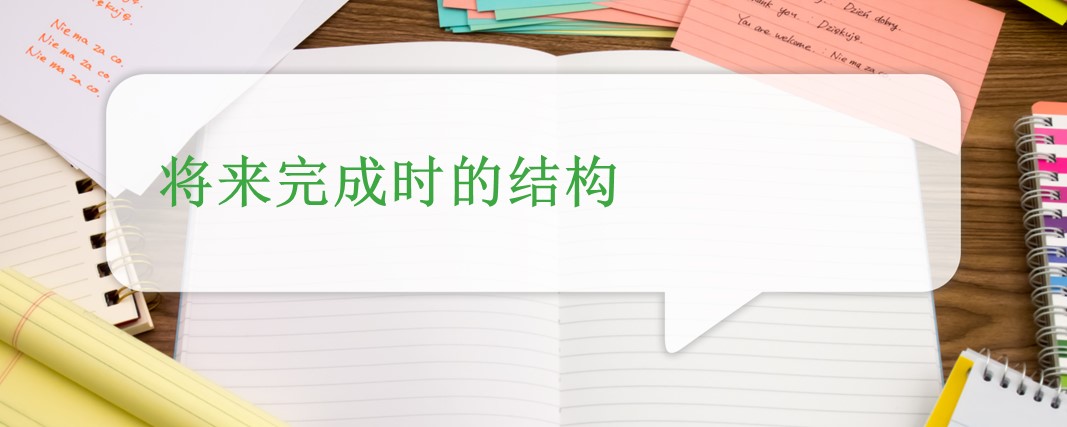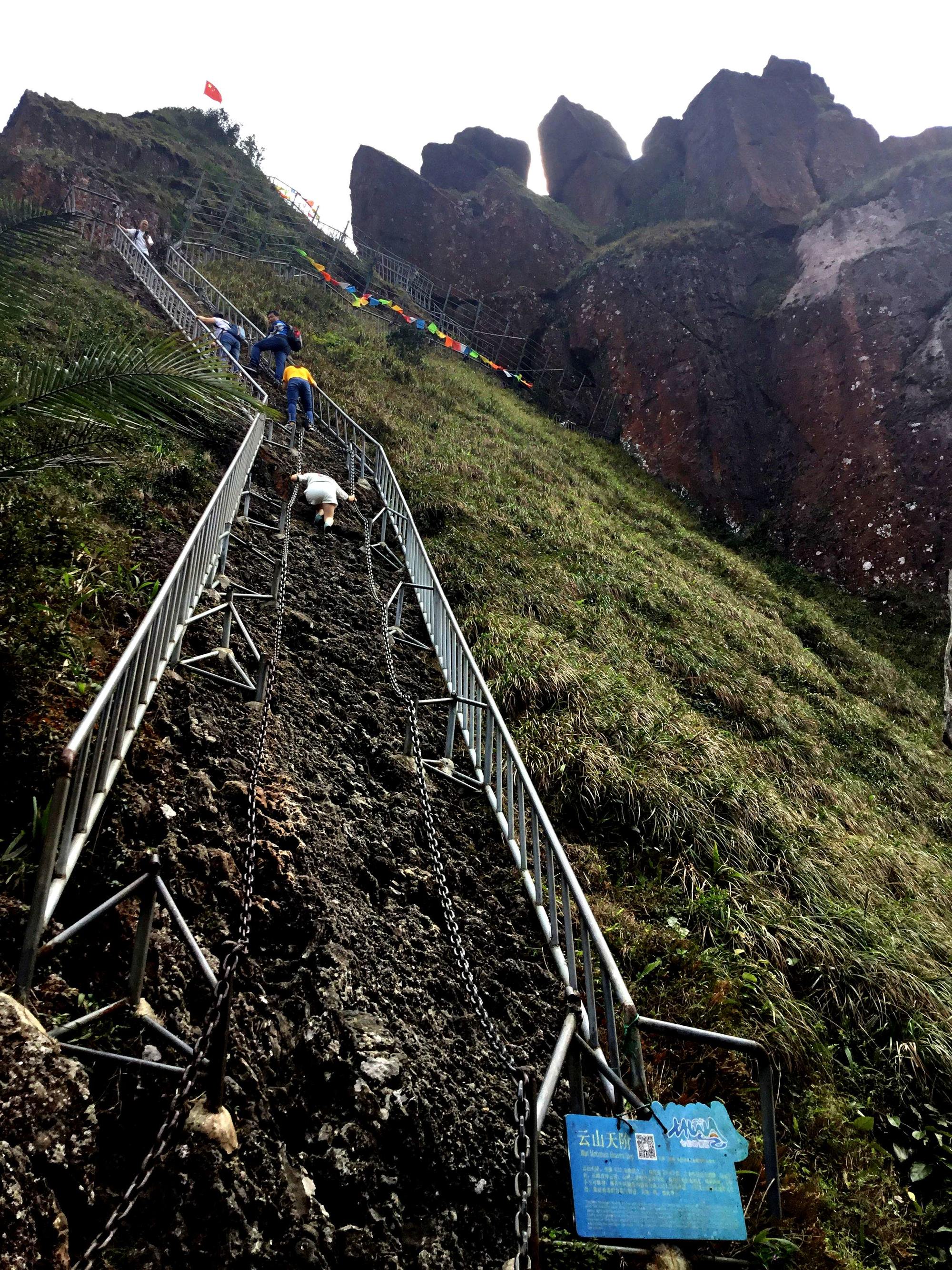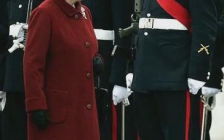将来进行时(将来进行时例句)

将来完成时的结构:主语+shall(第一人称)will(第二、三人称)+have+过去分词(done)。表示在将来某一时间以前已经完成或一直持续的动作。
1.表示在将来某一时间之前已完成的动作,并往往对将来某一时间产生影响
例句示范:
Pick me up at 8 o'clock,I will have had breakfast by then.
早上8点钟你来接我,到时我已经吃完早饭了。
We shall(will) have learned 12 units by the end of this term.
到这个学期末,我们将学完12个单元。
By the time you get home, I will have cleaned the house from top to bottom.
你到家之前我将把房子彻底打扫一遍。

2.表示推测,相当于"must have done"结构。
You will have heard of this, I guess.
我猜你已经听说过这件事了。
I am sure that he will have got the information.
我相信他一定会得到这个信息。
3.表示某种状态一直持续到说话人所提及的时间。
We will have been married a year on June 25th.
到6月25日我们俩结婚就满1年了。
在以下情况下可以用将来完成进行时而不用将来完成时:
动作本身就是连续的,没有明确的终止时间:

By the end of the month he will have been living/working/studying here for ten years.
到了月底他在这里居住/工作/学习就满十年了。
(本句只表述了“到月底满10年了”的这样一个状态)
一种经常进行的动作被表示为连续的动作:
By the end of this month he will have been training horses/climbing mountains for twenty years.
到了这个月底他驯马/登山就满 20年了。
但是如果提到所驯马匹或所攀登的山峰的数目,或用任何方式把动作分割为一次又一次的动作,就必须用将来完成时:
By the end of the month he will have trained 600 horses/climbed 50 mountains.
到本月底,他驯服的马就有600匹/攀登的山峰就有50座了。
相关热点:
成都学院







文章评论(0)